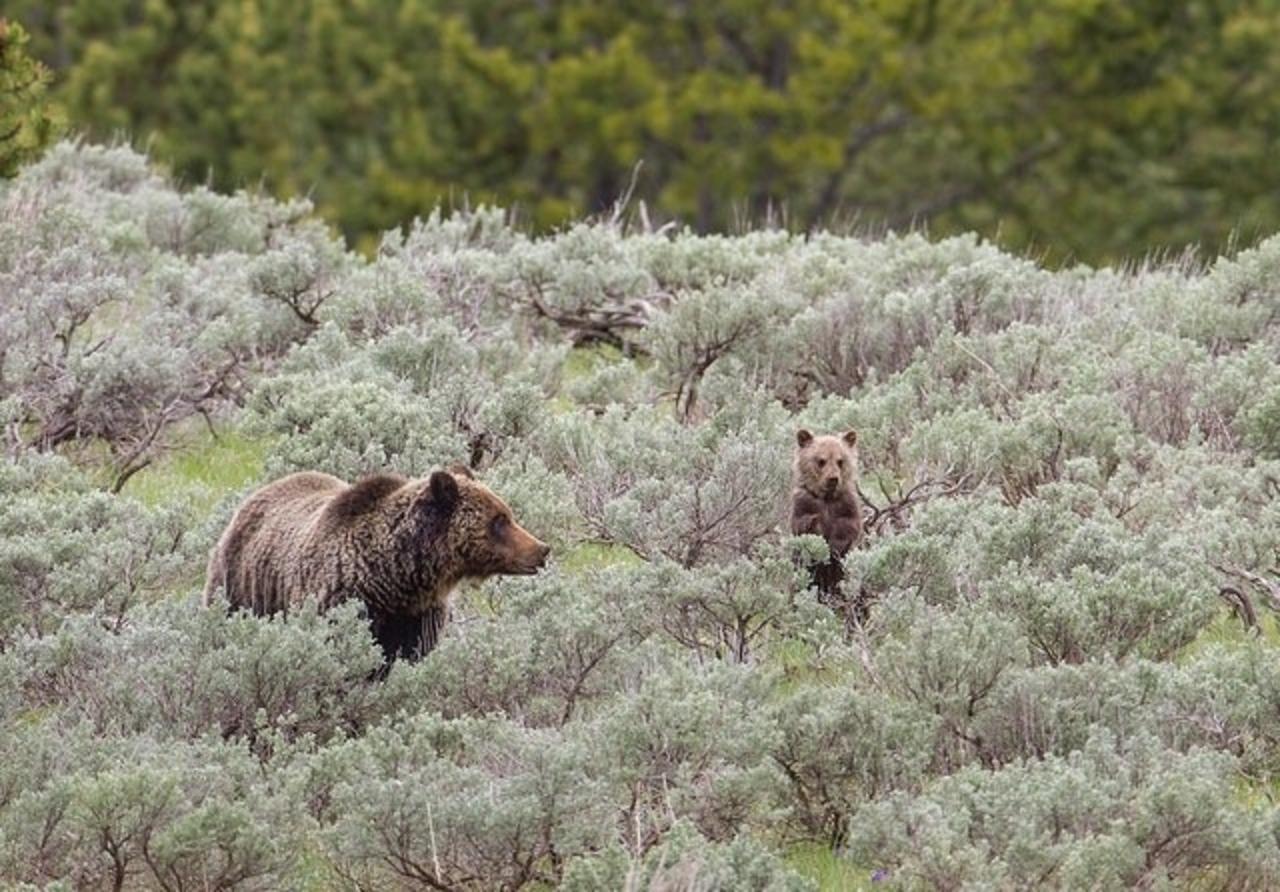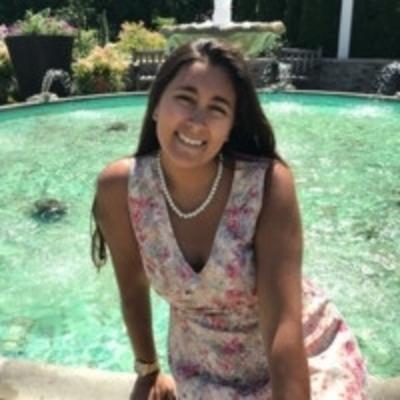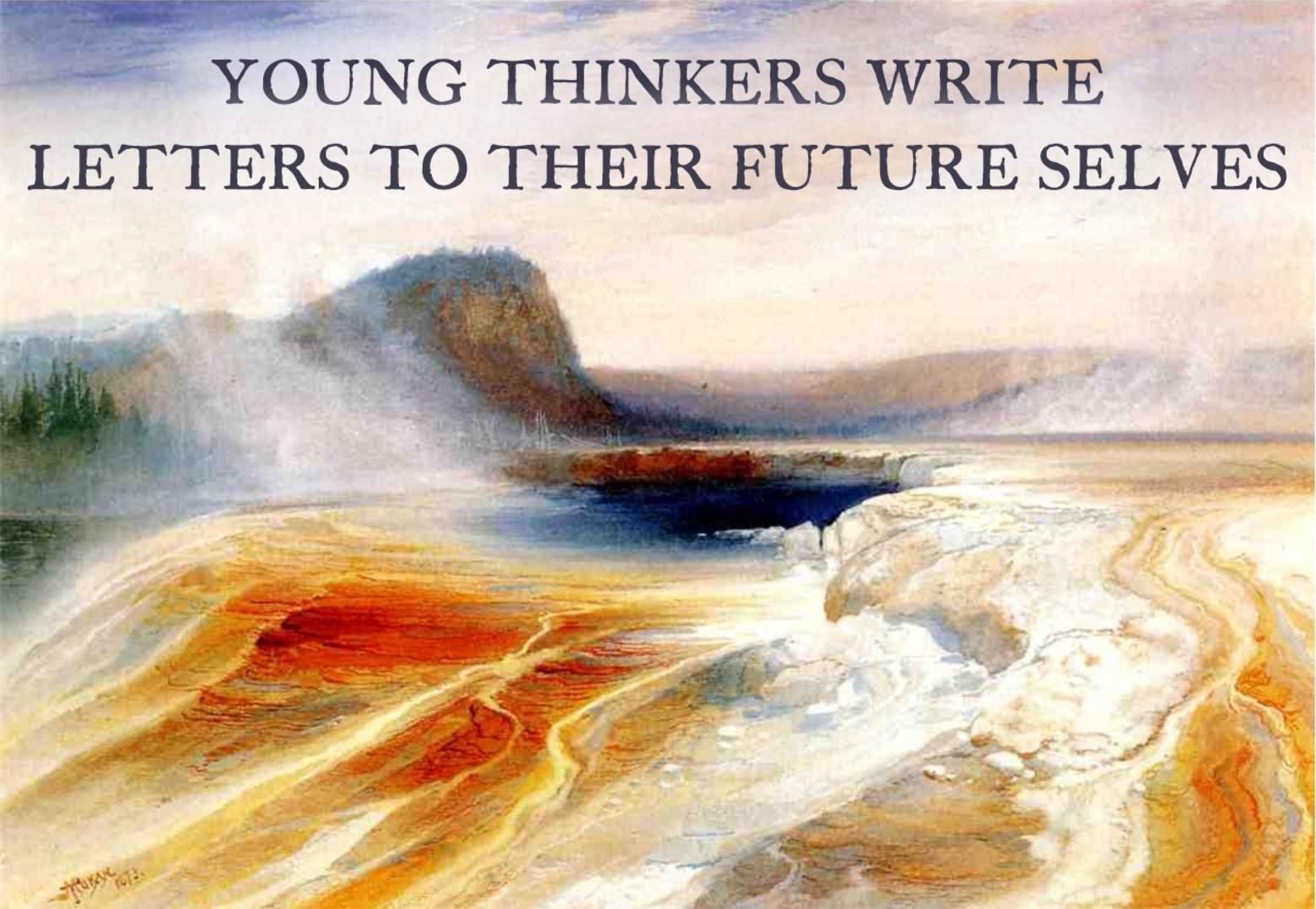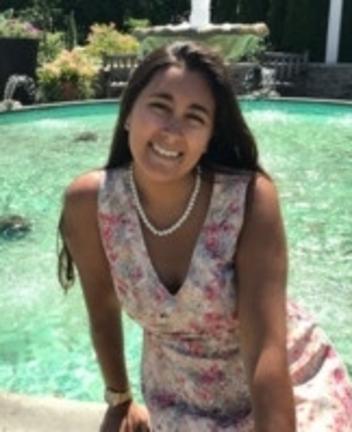Back to StoriesHow Do We 'Make Meaning' Of Places Like Yellowstone?
April 26, 2018
How Do We 'Make Meaning' Of Places Like Yellowstone?Meghan Gupta, an undergrad at Yale, sends a message to herself in middle age
EDITOR'S NOTE: Many springs, annually, for a long while, Mountain Journal founder Todd Wilkinson has been meeting with students from Yale's School of Forestry and Environmental Studies about issues facing the Greater Yellowstone Ecosystem. They head West under the tutelage of Dr. Susan G. Clark, Yale professor and founder of the Northern Rockies Conservation Cooperative headquartered in Jackson Hole. For many students, it is their first contact with the region. One of the assignments Wilkinson gives them is writing letters to themselves decades into the future. MoJo will be publishing these essays. We find them thoughtful and impressive. Not only that, we believe there is power in listening to young people who are both shaping and inheriting their own future.
EDITOR'S NOTE: Also enjoy Meghan's TEDxTalk which she gave in her hometown of Ann Arbor, Mich. on bias in the media.
By Meghan Gupta
“First they came for the bears, and I did not speak out—
Because I was not a bear
Because I was not a bear
Then they came for the rivers, and I did not speak out—
Because I was not a river
Because I was not a river
Then they came for the mountains, and I did not speak out—
Because I was not a mountain
Because I was not a mountain
Then they came for me— and there was nothing left to speak for me.”
(Adapted from Martin Niemöller's poem First They Came)
If, in 35 years, this happens, the mountains crumble to the ground, the rivers dry, and fire engulfs the land and its creatures, I will blame your complacency.
It is immensely difficult to compress the amalgamation of experiences I have had during this trip into mere words on a page. Despite this fact, I want to record some of the many realizations I need you to remember to avoid this complacency.
1) The vastness and complexity of nature has the ability to expel the problems and anxieties of the unnatural, human-forged world. Being here has allowed me to make peace with some of my recent stresses and endings of relationships.
2) There is an innate power in the lack of sound. I wasn’t expecting to find so much beauty in the silence of the park, which allowed me to hear for the first time the gentle sounds of nature. It made me realize that my life is rarely silent, and that all the noise of my busy life is clouding my ability to make true meaning. When I return to school, I will make more of an effort to seek out this silence.
3) Most importantly, I came on this trip searching for meaning. Meaning in myself, meaning in others, meaning in nature. I saw meaning as a one-dimensional form, that things could only be one reason, one definition. I’ve found here that meaning runs like a stream, crashing and flowing and racing throughout its path. To find true meaning in our environment, we must let ourselves flow with the current and subject ourselves to the fact that we might never grasp an eternal, concrete meaning. It’s okay to be confused. It’s okay to still be processing.
I hope that you retain the values of curiosity and dedication that are building blocks for meaningful conservation. I hope that you continue to remember the transformative nature of the wild, so that you can remember its power.
To save this world, I vow to give up staying comfortable. I vow to continue to ask the hard questions, not only to others, but to myself as well. So, future me, why are you here? How are you making meaning?





